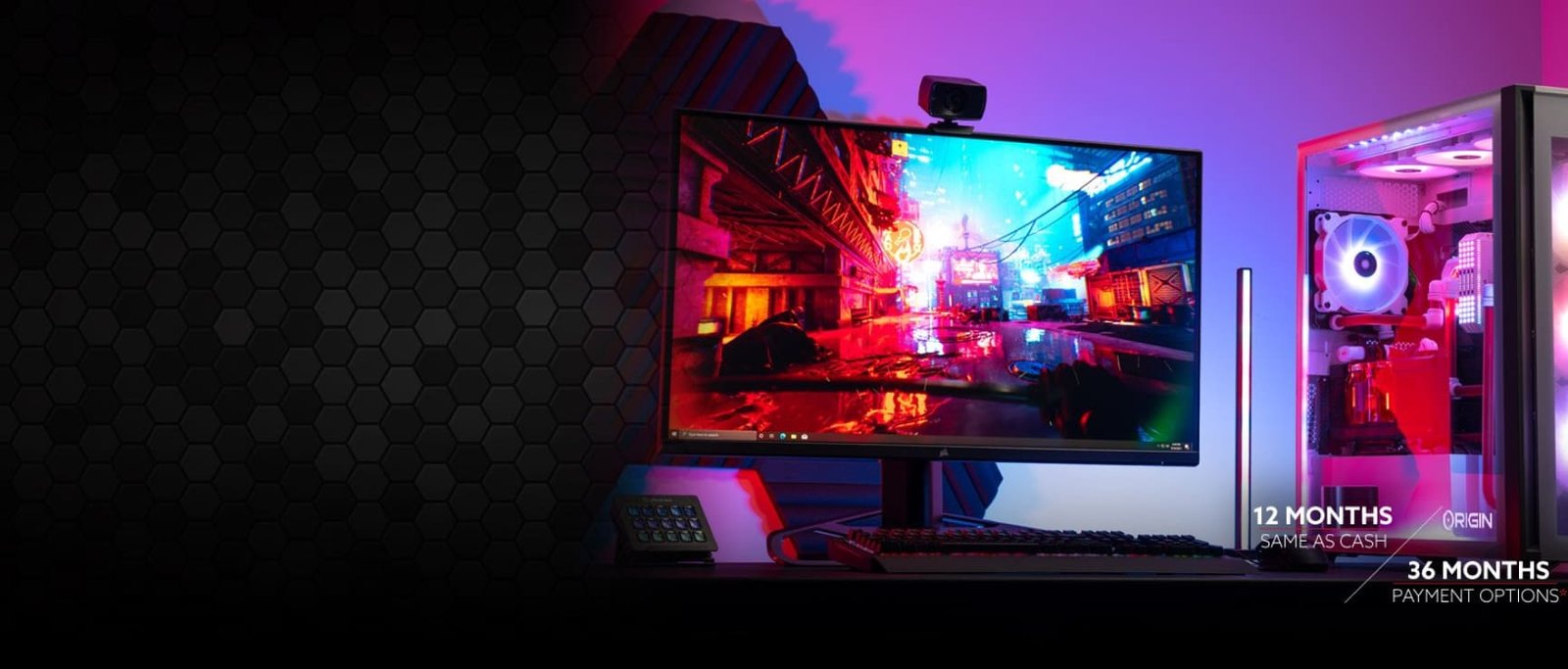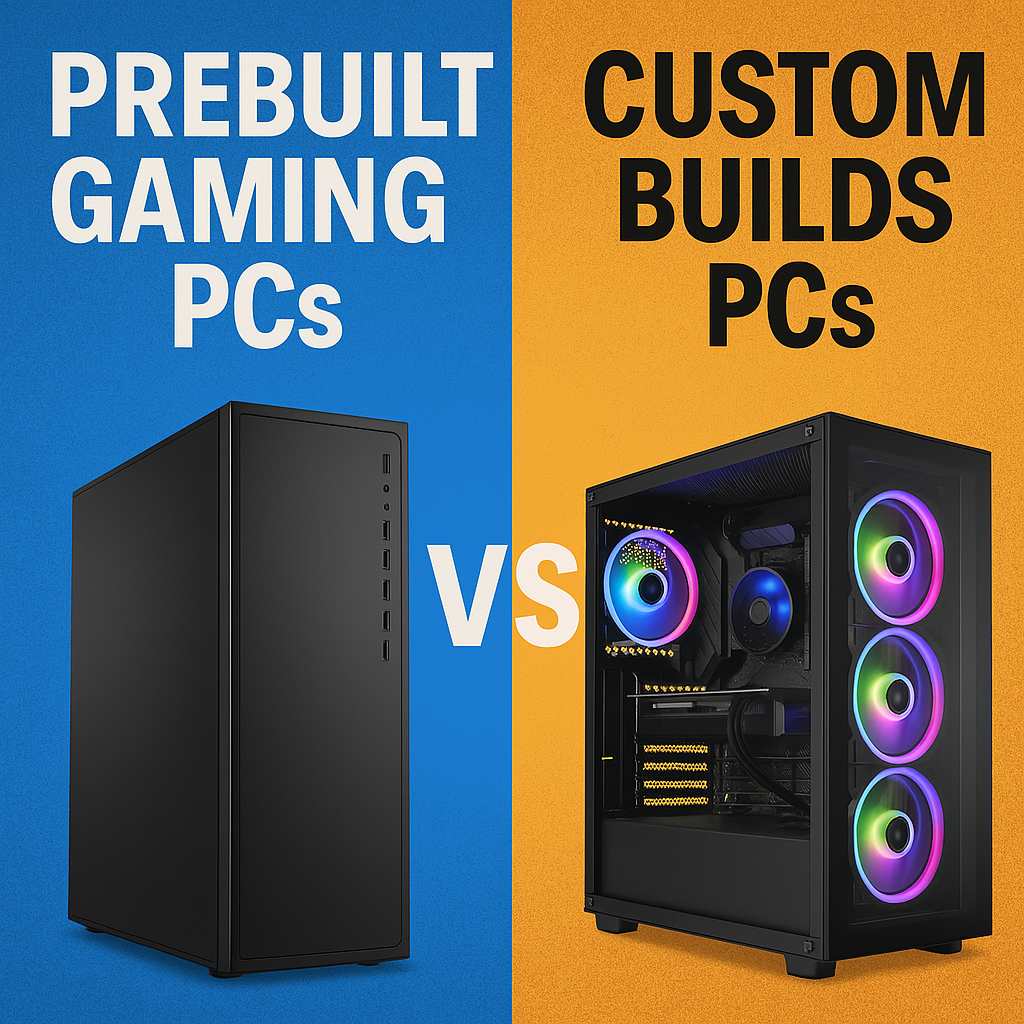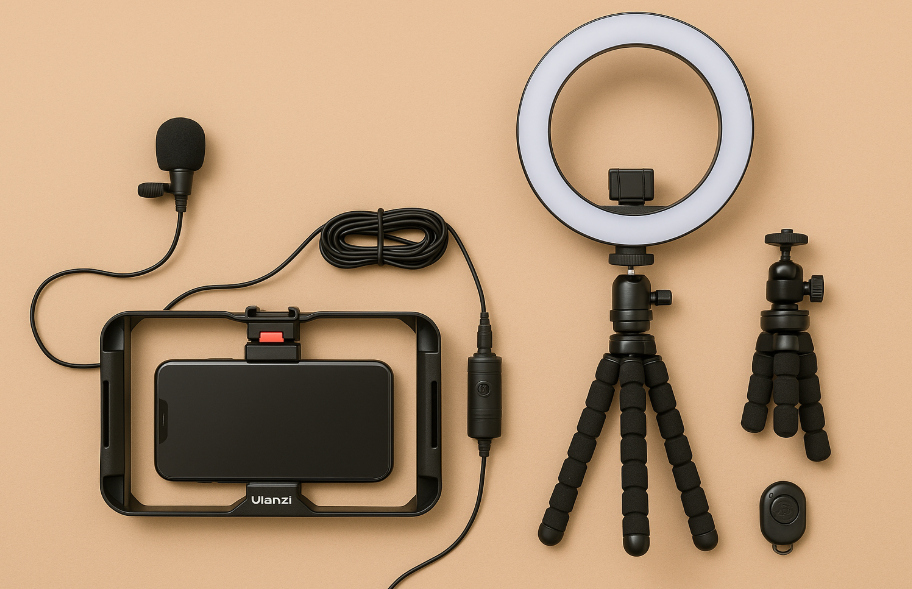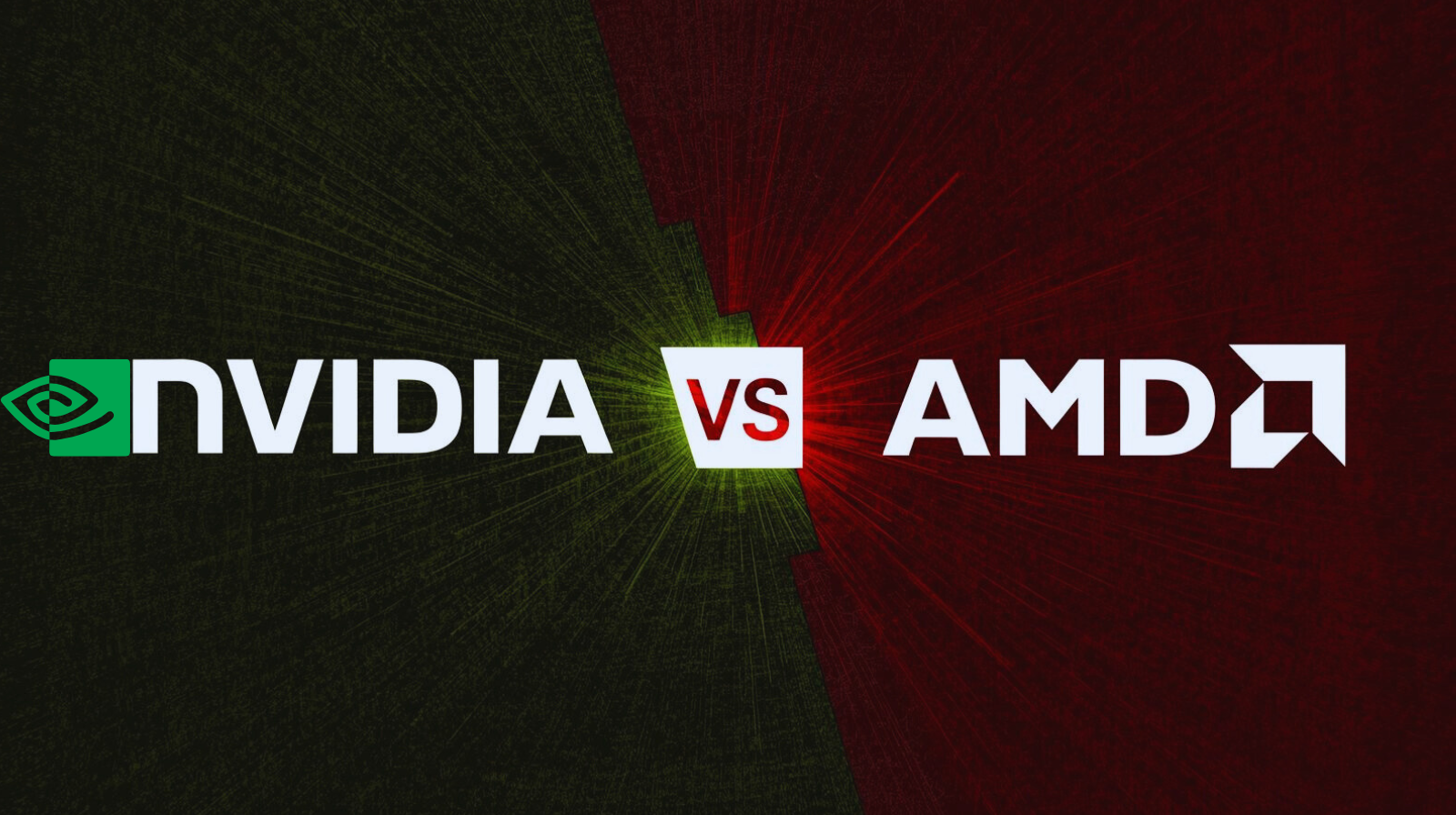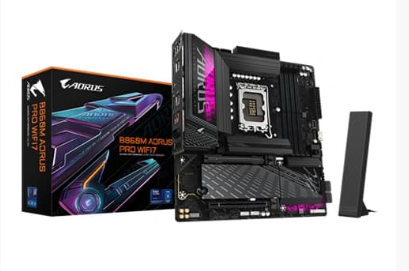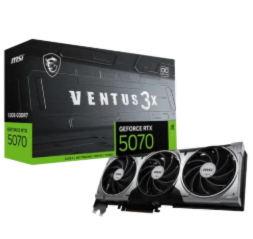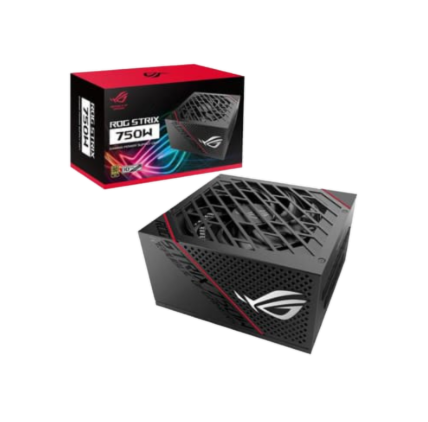The demand for gaming PCs has grown exponentially, driven by advancements in gaming technology and the increasing number of gamers worldwide. Choosing the right gaming PC setup is crucial, as it directly impacts gaming performance, longevity, and overall experience. One of the biggest debates in the gaming world is whether to go for a prebuilt gaming PC or build a custom one.
Different users have different priorities, whether it's maximizing performance, staying within a budget, or ensuring long-term upgradeability. This guide will help you decide which option is best for you.
1. Understanding Prebuilt Gaming PCs
What is a Prebuilt Gaming PC?
A prebuilt gaming PC is a fully assembled system sold by manufacturers like Alienware, ASUS, MSI, CyberPowerPC, and HP Omen. These PCs are configured with specific hardware and come pre-installed with an operating system and necessary drivers.
The Evolution of Prebuilt Gaming PCs
Over the years, prebuilt gaming PCs have evolved significantly, offering better performance, optimized hardware compatibility, and sleek designs. Many brands now provide high-end configurations with RGB lighting, efficient cooling systems, and premium components.
Pros of Prebuilt Gaming PCs
- Convenience & Time-Saving – Ready to use out of the box, with no assembly required.
- Warranty & Support – Comes with manufacturer warranties covering the entire system.
- Optimized Hardware Compatibility – Eliminates the risk of component mismatches.
- Bulk Discounts on Components – Manufacturers get better pricing on parts, passing some savings to consumers.
- Pre-Tested for Stability – Fully tested by the manufacturer to ensure performance and reliability.
- Pre-Installed OS & Software – Comes with Windows and sometimes gaming utilities preloaded.
Cons of Prebuilt Gaming PCs
- Higher Cost – Often more expensive due to labor, branding, and software licensing.
- Limited Customization – Locked BIOS and proprietary components may restrict upgrades.
- Bloatware Issues – Pre-installed software may slow down performance.
- Restricted Cooling & Airflow – Some manufacturers use proprietary cooling solutions that may be suboptimal.
- Component Quality Variability – Some brands may use lower-end parts like power supplies and motherboards to cut costs.
2. Understanding Custom Built Gaming PCs
What is a Custom Built Gaming PC?
A custom-built gaming PC is a system assembled by the user, selecting each component based on their preferences and budget. It allows for a fully personalized experience tailored to specific gaming or content creation needs.
Pros of Custom Built Gaming PCs
- Cost-Effectiveness – Often cheaper by selecting high-value components.
- Full Customization – Choose everything from CPU and GPU to cooling systems and RGB lighting.
- Performance Optimization – Fine-tune overclocking settings and install superior cooling solutions.
- Future Upgradability – Easier to replace or upgrade parts over time.
- Better Cooling & Airflow – Ability to install liquid cooling, additional fans, or custom airflow setups.
- Choice of Aesthetic & Build Theme – Personalize with RGB lighting, case designs, and cable management.
Cons of Custom Built Gaming PCs
- Time-Consuming – Requires research and assembly.
- No Standardized Warranty – Individual components may have different warranties.
- Technical Knowledge Required – Beginners may find it challenging to assemble a PC.
- Initial Troubleshooting Required – Potential hardware or software conflicts might arise.
- Longer Setup Time – Requires manual OS installation, driver updates, and BIOS configuration.
3. Performance Comparison: Prebuilt vs Custom Builds
Gaming Performance
- FPS comparison in games like Call of Duty, Cyberpunk 2077, and Fortnite.
- Benchmarking between similarly priced prebuilt and custom builds.
- Impact of RAM, SSD speeds, and motherboard selection on gaming experience.
Cooling & Overclocking Capabilities
- Prebuilt PCs often have limited overclocking due to locked BIOS settings.
- Custom builds allow better cooling solutions and overclocking potential.
- Impact of airflow and case design on system performance.
Longevity & Upgradability
- Custom builds allow for easier GPU, RAM, and storage upgrades.
- Prebuilt PCs may have proprietary parts, making upgrades difficult.
- Component lifespan comparison between the two options.
4. Cost Analysis: Which is More Budget-Friendly?
- Prebuilt PCs tend to have higher costs due to branding and assembly fees.
- Custom builds allow for cost-cutting by selecting only necessary components.
- Hidden costs include OS licensing, peripherals, and assembly fees.
- Price fluctuations in GPU and CPU markets affect both options.
- Custom builds enable incremental upgrades, making them cost-effective in the long run.
5. Who Should Choose What?
Prebuilt is Best For:
- Beginners or casual gamers who prefer convenience.
- Office users who need gaming capabilities without hassle.
- Those who want full manufacturer support with warranties.
Custom Build is Best For:
- Tech-savvy users and hardcore gamers who love customization.
- Content creators requiring powerful, upgradeable rigs.
- Enthusiasts who prioritize high-performance cooling solutions and unique aesthetics.
6. Where to Buy?
Trusted Brands for Prebuilt PCs:
Reliable Component Stores for Custom Builds:
- Newegg, Amazon, Micro Center, Best Buy, and PCPartPicker.
- For ready-to-go builds, check out Digibuggy.
Custom PC Assembly Services:
- If DIY isn’t an option, consider Digibuggy’s prebuilt gaming PC lineup for a mix of customization and convenience.
7. Conclusion & Final Recommendation
Both prebuilt and custom-built gaming PCs have their advantages and drawbacks. Your decision should be based on your budget, experience level, and gaming goals.
- Go for a prebuilt PC if you want a hassle-free experience with full manufacturer support.
- Choose a custom build if you seek high performance, better cooling, and future upgradeability.
Before purchasing, check the latest GPU and CPU releases to ensure you're getting the best value. Explore Digibuggy for competitive gaming PC deals and expert insights.

